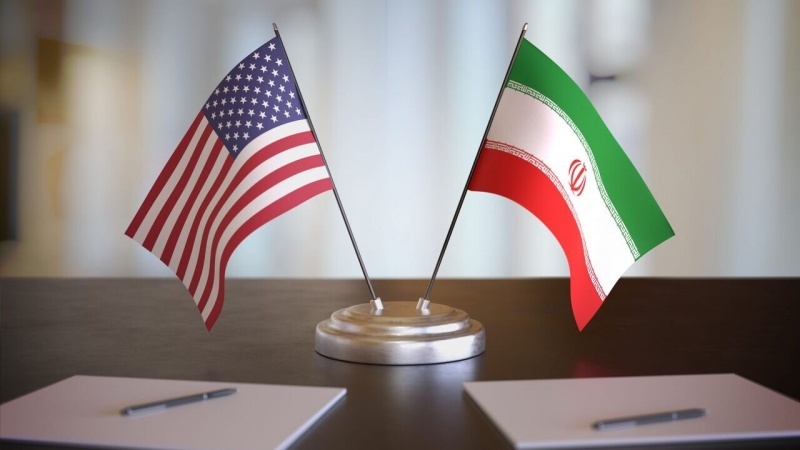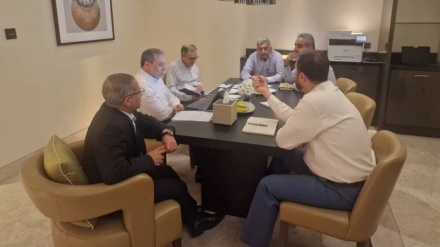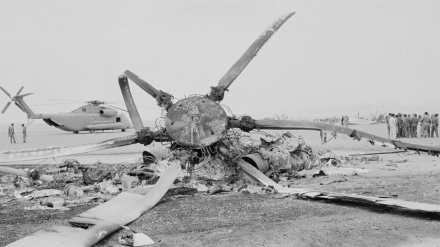Pars Today's Iran and world news package
Why doesn’t Iran engage in direct negotiations with the U.S?
-

Why doesn’t Iran engage in direct negotiations with the U.S?
Pars Today - Recently, Iran received a letter from U.S. President Donald Trump containing new conditions for sitting at the negotiating table. In recent days, the topic of correspondence between Tehran and Washington has remained one of the hottest issues in political and media circles worldwide.
In this letter, Donald Trump announced new conditions for negotiations. According to Iran's Foreign Minister, Seyyed Abbas Araghchi, Tehran’s policy remains opposed to direct negotiations under the conditions of "maximum pressure." In this article from Pars Today, we explore the reasons why Iran is not engaging in direct talks with the U.S. under current circumstances.
Distrust
The history of U.S. interventions in Iran—such as the 1953 coup and support for the Pahlavi regime—as well as hostile actions after the 1979 Islamic Revolution, have created deep-rooted distrust toward the U.S. in Iran. From Iran’s perspective, the U.S. has consistently pursued a policy of "regime change" in Iran. This view has been reinforced by statements from U.S. officials, including Donald Trump.
U.S. Maximum Pressure strategy
The U.S. policy during Trump’s presidency—and to some extent under Joe Biden—has been based on imposing extensive economic sanctions to force Iran into accepting American demands. Iran views this approach as "bullying" and believes that negotiating under pressure will only result in one-sided concessions. In this context, Mohammad Bagher Ghalibaf, the Speaker of Iran’s Parliament, emphasized that Trump’s letter contained no serious progress regarding the lifting of sanctions and stated: "America's behavior is bullying."
The JCPOA experience
Trump’s withdrawal from the Joint Comprehensive Plan of Action (JCPOA), also known as the Iran nuclear deal, is another reason Iran prefers indirect negotiations with the U.S. The agreement, which was the result of diplomatic efforts by Iran, the five permanent members of the UN Security Council, and Germany, was endorsed by UN Security Council Resolution 2231 but was ultimately violated by Trump.
Foad Izadi, an American Studies professor at the University of Tehran, noted: "Iran has had no successful experience in negotiating with the U.S. These negotiations under the JCPOA framework took two years and resulted in an agreement, but ultimately, Barack Obama’s administration did not fully honor its commitments, and later, Trump withdrew from the deal altogether."
Assassination of Iranian anti-terrorism commander
The assassination of Lt. General Qassem Soleimani, Iran’s prominent anti-terrorism commander, on Trump’s orders, along with threats of military attacks against Iran, are other factors that have pushed Iran toward indirect negotiations with the U.S.
MG


